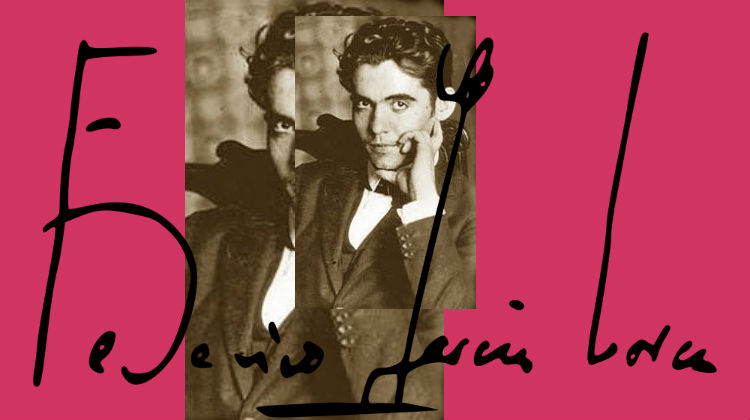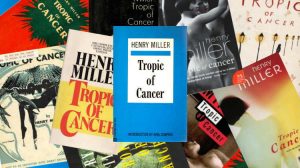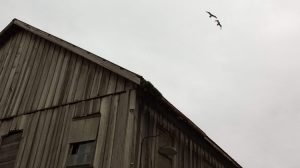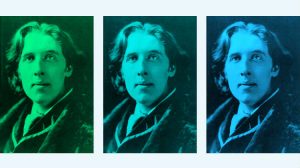
Ask for lights and bells. / Learn to cross your hands, / to taste the cold air / of metals and of cliffs.
A Spanish poet and playwright associated with avant-garde surrealism, Federico García Lorca was born on June 5, 1898, near Granada, Spain. He advocated for the artistic theory of Duende, a term which originally referred to a mischievous hobgoblin in Spanish folklore, but was later appropriated to refer to masterful flamenco dancers and toreros (bullfighters). Lorca expanded the concept to further domains of expression and used it represent to an artists’ visceral connection to his work.
For Lorca, Duende was related to earthiness, irrationality, and a heightened awareness of death. An artist might wrestle with the Duende, or perhaps become possessed by it, as if by a demon. Lorca says Duende “is not a question of ability or aptitude but a matter of possessing an authentic living style; that is to say of blood, of culture most ancient, of creation in act.”
Lorca’s early work derived inspiration from Spanish folklore, but after visiting New York City 1929 he became increasingly concerned with addressing what he saw as the dehumanizing forces of urbanization. By invoking the fantastical, the guttural, and the absurd, Lorca offered a corrective to the vanity of urban life. In Little Infinite Poem, Lorca writes:
To take the wrong road
is to arrive at the snow,
and to arrive at the snow
is to get down on all fours for twenty centuries and eat the
grasses of the cemeteries.
In the early 1930’s Lorca ran a theatre company funded by the Second Republic that traveled across rural Spain, bringing performance art to the impoverished at no charge. Lorca felt theatre to be an essential part of human life, and thought that exposure to theatre lent a necessary integrity to the spirit. He eventually came to favor performance over writing, seeing it as a more embodied version of poetry.
In 1936, against the liberal-leaning Republic, a nationalistic military rebellion began in Spain, one that would later be supported by Hitler and Mussolini. Lorca, a known homosexual and socialist, was captured by the military in Granada. Shortly thereafter, along with many others, he was executed by firing squad at the outskirts of town.
Lorca’s work resounds in the body while still celebrating every excess of the imagination. Given his capacity for intellectuality, rebelliousness against materiality, and willing embrace of the absurd, one might expect him to have remained among an elite clique. Yet he insisted on bringing art to the rural and impoverished, arguing for it’s essential role in human life.
From Farewell, translated by W.S. Merwin:
If I die,
leave the balcony open.The little boy is eating oranges.
(From my balcony I can see him.)The reaper is harvesting the wheat.
(From my balcony I can hear him.)If I die,
leave the balcony open!




Leave a Reply